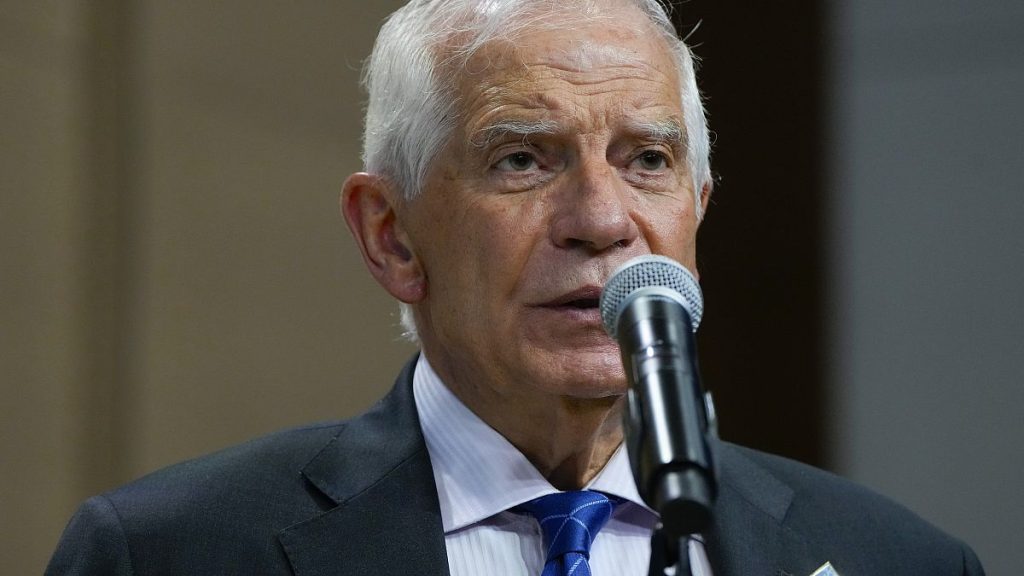EU foreign policy chief Josep Borrell has condemned recent statements made by Israeli ministers regarding cutting humanitarian aid to the Gaza Strip. He called for sanctions to be on the EU agenda and urged the Israeli government to distance itself from the comments and engage in negotiations for an immediate ceasefire. Israeli National Security Minister Itamar Ben-Gvir suggested stopping the transfer of aid and fuel until all hostages are returned and called for the permanent occupation of Gaza. Borrell described these comments as “incitement to war crimes”.
Prime Minister Benjamin Netanyahu’s office has confirmed that an Israeli delegation will attend ceasefire talks with Hamas to negotiate for the release of hostages still held in Gaza. However, Ben-Gvir criticized this approach, stating that sitting with Hamas would be a mistake, given their history of violence. He suggested that cutting off fuel and aid to Gaza would bring them to their knees and questioned the need for negotiations. Borrell condemned these statements and called for a resolution to the conflict through good faith negotiations facilitated by the US, Qatar, and Egypt.
Israeli Finance Minister Bezalel Smotrich also made controversial remarks last week, suggesting that deliberate starvation of Palestinian civilians “might be justified and moral” as a strategy to pressure Hamas. He expressed frustration with the limitations imposed by the current global reality and the need for international legitimacy for their actions in the conflict. Smotrich’s comments, along with those of Ben-Gvir, were deemed by Borrell as “incitement to war crimes” and sparked widespread condemnation both within Israel and internationally.
The escalating tensions in Gaza have raised concerns about the humanitarian situation in the region, with aid organizations warning of a potential crisis if essential supplies are cut off. The Israeli government’s consideration of withholding aid as a bargaining tactic has been met with criticism for its potential impact on the civilian population. Borrell’s call for sanctions and a focus on negotiations reflects the international community’s stance on addressing the conflict and the importance of upholding humanitarian principles in times of crisis.
The complex dynamics of the Israeli-Palestinian conflict continue to challenge efforts towards peace and reconciliation. The differing views within the Israeli government regarding tactics and strategies in dealing with Hamas highlight the internal divisions and debates over the best approach to achieving resolution. Borrell’s condemnation of the statements made by Israeli ministers underscores the importance of upholding international humanitarian law and norms in addressing conflicts, particularly in situations where civilians are at risk.
As the ceasefire talks between Israel and Hamas continue, the role of the international community in supporting humanitarian efforts and promoting dialogue remains crucial. Borrell’s stance on the issue, as well as the widespread condemnation of the statements made by Israeli ministers, underscore the need for a coordinated and principled approach to resolving the conflict. The humanitarian situation in Gaza, exacerbated by the recent statements and potential aid cuts, highlights the urgency of finding a peaceful and sustainable solution that prioritizes the well-being and rights of all those affected by the conflict.












